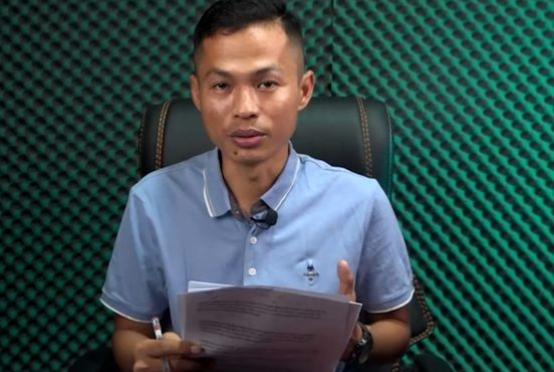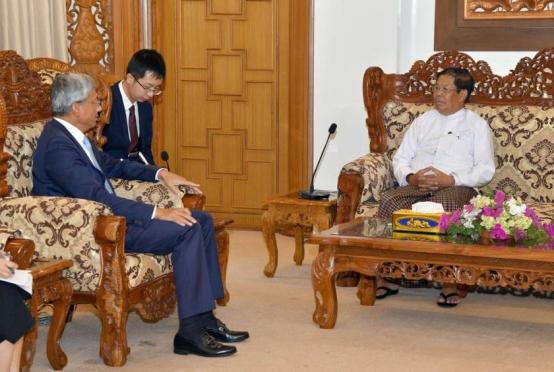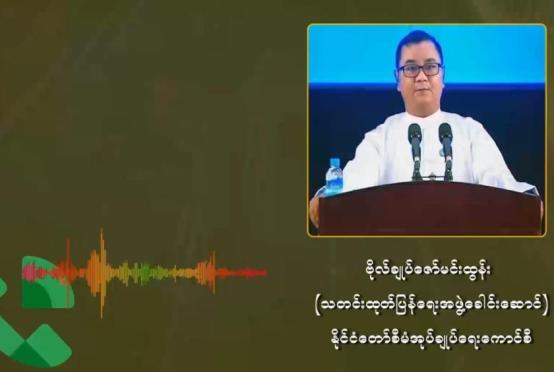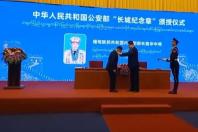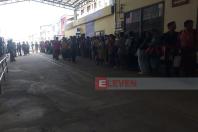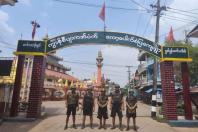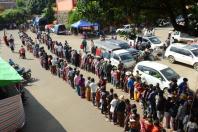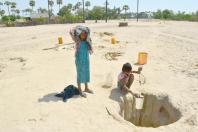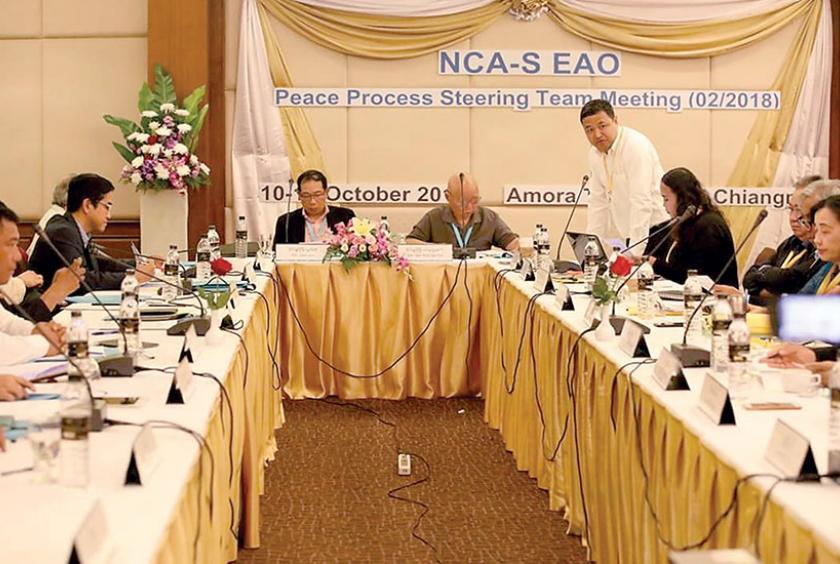
The summit between government, military and ethnic armed organizations that are signatories to the nationwide ceasefire agreement (NCA), previously set to take place in the Poppa region, will be held in Nay Pyi Taw, the Peace Process Steering Team (PPST) decided in a meeting.
The decision was made during a PPST meeting of the ethnic armed organizations held in Chiang Mai, Thailand on October 10 and 11.
The meeting announced that a summit would be held in Nay Pyi Taw with the government, parliament and military leaders on October 15 to break the deadlock over step-by-step peace talks in the country's peace process through informal meetings.
The government earlier planned to hold the summit in Poppa region, Kyaukpadaung Township, Mandalay Region.
"The government side said the summit would be held in Poppa. But we considered for a more spacious venue. The more appropriate setting is in Yangon. So we proposed it. However, the most suitable place turned out to be Nay Pyi Taw. It is reachable for both government and military leaders. This is why we decided to hold the summit in Nay Pyi Taw. The summit is more important than the venue," said Yebaw Than Ge, PSST spokesperson and chairman of All Burma Students Democratic Front.
The Third Union Peace Conference-21st Century Panglong held in July. On July 13 when the conference was going on, State Counsellor Aung San Suu Kyi, Commander-in-Chief of Defence Services Senior General Min Aung Hlaing and leaders of ethnic armed organizations held a meeting in which ethnic leaders submitted five points. Based on these points such an upcoming summit has come into shape, said Yebaw Than Ge.
Those points are continuous holding of the Union Peace Conference, non-secession from the Union in peace talks, adoption of federal principles such as right to self-administration, equal rights for ethnic minorities and state establishments, union armed forces, holding of political talks in making political decisions and the matter of the remaining ethnic armed groups that have yet to sign the ceasefire agreement.


